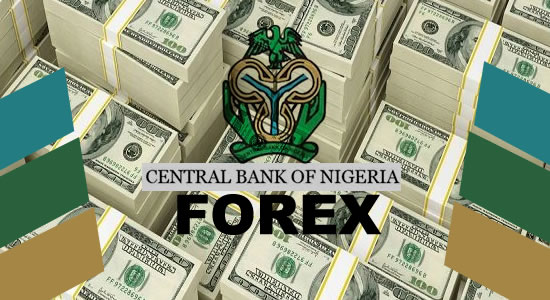Nigeria spent an amount of $520.78 million on external debt servicing in the 3rd quarter of 2021, rising by 74.2% in comparison to $298.9 million recorded in the preceding quarter (Q2 2021). This really is within the quarterly debt report, released by the Debt Management Office (DMO).
A go through the data shows an amount of $1.82 billion has been used to service external debts between January and September 2021. This really is 43.9% higher compared to the $1.27 billion spent in the corresponding amount of 2020.
On one hand, domestic debt servicing rose significantly by 150.5% from N322.75 billion recorded in Q2 2021 to N808.49 billion in Q3 2021. This takes the year-to-date domestic debt service to N1.74 trillion from N1.53 trillion recorded in the exact same amount of 2020.
The upsurge in debt service happens at the rear of the significant jump in the country’s debt profile. Nigeria’s external debt rose to $37.96 billion by Q3 2021, moving from $33.47 billion recorded in the earlier quarter.
The upsurge in the country’s external debt was driven by the 4 billion Eurobond raised from the international debt market to improve the country’s external reserve above $40 billion.
Recall that Nigeria raised an amount of $4 billion in Eurobond in September, a capital raise that was dubbed one of many biggest financial trades on the African continent following the order book peaked at $12.2 billion, which enabled the US government to improve yet another $1 billion more compared to the intended $3 billion capital raise.
On one hand, domestic debts also recorded an uptick as federal government domestic debt stock rose to $44.44 billion, while state domestic debts rose to $10.23 billion.
Nigeria still suffering from a revenue crunch
Nigeria remains greatly influenced by crude oil earnings for nearly all of its revenue, which has been hit with some drawbacks recently, from a decline in crude oil prices to provide a cut and inability to generally meet production quota, which has ensured Nigeria’s oil revenue continuous underperformance.
Based on the Q3 2021 GDP report by the National Bureau of Statistics, the nation recorded the average daily oil production of 1.57 million barrels each day (mbpd), that will be less than the daily average production of 1.67mbpd recorded in the exact same quarter of 2020 by 0.10mbpd and less than the next quarter 2021 production level of 1.61mbpd by 0.05mbpd.
Also, a go through the budget implementation report by the honorable minister of finance, budget, and national planning, Dr. Zainab Shamsuna Ahmed, by August 2021, FGN’s retained revenue was N3.93 trillion, representing about 73% of the target.
The federal government’s share of oil revenues in the exact same period was N754.2 billion, representing 56.3% performance of the prorated target for the year.
Although non-oil tax revenues continue to generally meet and surpass the goal, it’s still inadequate to make certain stable revenue to generally meet pent-up demands and most importantly, fund the annual budgetary allocations.
Notably, Companies Income Tax (CIT) and Value Added Tax (VAT) collections were N547.54 billion and N235.77 billion, representing 121% and 148% respectively of the prorated targets for the period.


Nigeria still have a Long way to get better experience